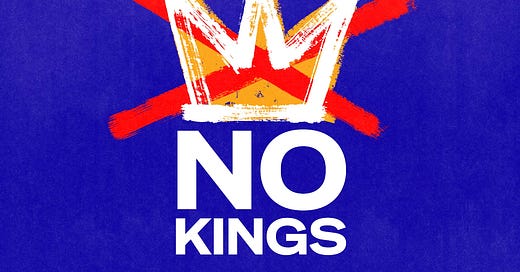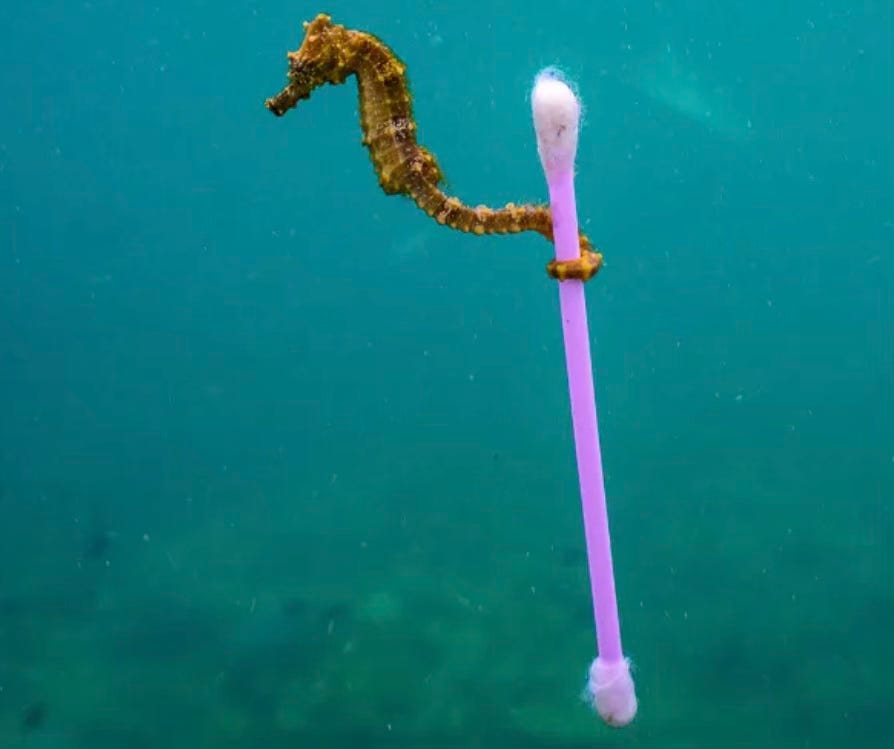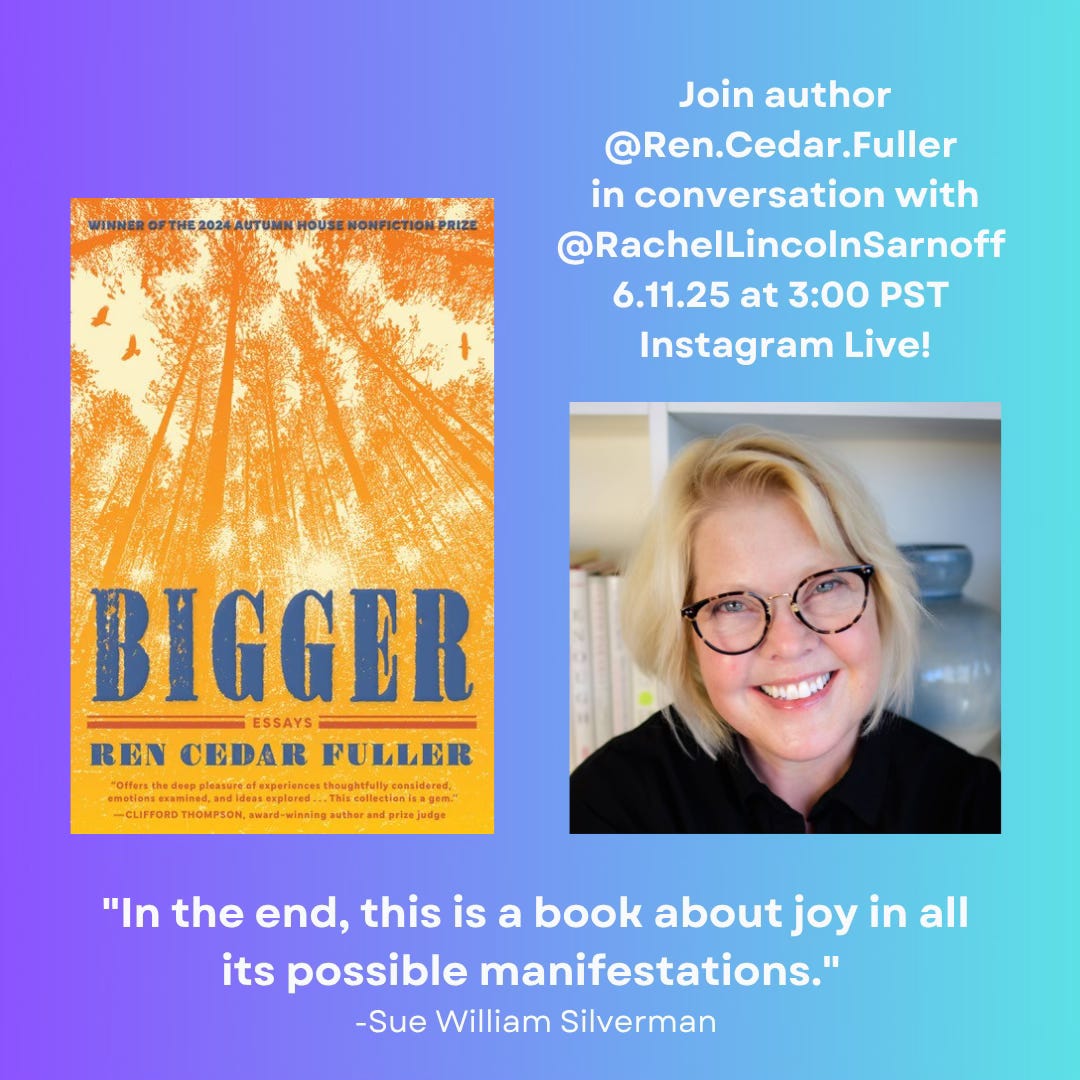Now back to our regularly scheduled programming…
GOOD CLIMATE NEWS
The EU is well on its way to achieving 2030 climate targets, solar panel train tracks debuted in Switzerland, and in the UK all new homes will soon have solar panels.
In Brazil, deforestation slowed for the first time in six years and Columbia formalized Indigenous local governments in the Amazon to protect forests and rights.
In China, coal investment is down and renewables are up, for the first time ever, CO2 emissions dropped while power demand grew, and this is what roofs should look like.
Last year, prices for EV batteries plummeted 20% — the largest drop since 2017 — and new LMR technology (developed for GM, Ford, and others) depends on manganese instead of cobalt and nickel to reduce costs and improve range.
Skinny solar panels mean power generation can come from a corner, not just a roof, and in the US, tribal lands are set to leapfrog the power grid with free solar energy systems.
The world tells American scientists “we've got your back,” when US climate data collection was axed volunteer researchers stepped up, and after farmers sued for access to climate information, the USDA agreed to restore it.
Check out these charts: Wind is up 23x over two decades, solar costs have plummeted while capacity grows, utility-scale battery capacity increased 29x; in the US, clean energy contributes $18 billion to US GDP annually and supports 122,000 manufacturing jobs across 800 facilities in all 50 states. (horse —> barn)
Finally, this inspiring vision for the future of three cities — Los Angeles, Lagos, and Sao Paulo — shows how technologies that exist today could be scaled up for a more sustainable tomorrow.
STATESIDE…
Homes in California and Texas link up as a Virtual Power Plant.
In Kentucky, the Appalachian Rekindling Project will raise bison where a prison was planned.
In Arizona, the Southwest's first Regenerative Organic Certified farm models a sustainable transition for farmers nationwide.
In Virginia, the largest ever US offshore wind project is coming in on time, generating 2,000 local jobs.
In Indiana, a new agrivoltaic project proves solar can benefit farmers -- and garner support from both sides of the political divide.
This year in California, solar is set to produce more electricity than natural gas, and by linking 75,000 home solar batteries, the state now has the capacity to deliver power on demand to 280,000 households — just in time for summer.
In Nevada, geothermal power production could easily scale to generate 10% of US power.
Following the lead of Vermont and New York, 11 states introduce climate Superfund bills.
A new study shows that 20% of US companies who scaled down or nixed their DEI policies are bringing them back, and 85% of US companies report executive teams are just as committed to DEI as they were a year ago.
THE FUN STUFF
And just like that, it’s sunscreen season again! Follow these tips to identify and avoid toxics to protect yourself and coral reefs.
In Colorado, teachers who can't afford housing will soon have access to an on-site village of tiny homes that are so friggin cute I can't stand it.
In response to USAID funding cuts, the Project Resource Optimization project connects philanthropists with projects that need support — and has already raised over $17 million towards an $82 million funding gap.
I just discovered Pickle, an app that lets you rent (or buy) clothes from people in your neighborhood, and Beni just got better: Now you can toggle between "same brand" and "same style" results when searching secondhand.
Snag a $20,000 EV Slate truck, then add an accessory kit to change the color, up the range, or convert to a SUV. Want!
The FDA wants artificial dyes out of food supplies by 2026 — and here are two tricks to avoid them, in the meantime.
Emergency contraception will soon be sold at gas stations and convenience stores in 48 states. Oh, and they re-funded the Women's Health Initiative.
Need a break? I effing love spelling bees, and nun DMC lol.
HAPPY WORLD OCEANS DAY!
Yes, national parks will once again sell single-use plastic. But that doesn't mean you have to buy it. This summer, please BYO, friends! I first began working on ocean conservation in 2015 as a subset of plastic pollution work as, eventually, everything flows to the ocean. Since then, the news about plastic — and especially microplastics — has just gotten worse. But there are things we can do to limit our exposure and it's pretty simple:
Avoid single-use plastics as much as possible (on the go, plan in advance with BYO bottles, cups, and cutlery -- when ordering JUST ASK "for here" cups in place like Starbucks) .
Buy non-synthetic clothing and for those that aren't (bathing suits, yoga pants) delicate wash in cold and line dry.
Vote for progressive local and national candidates that support corporate guardrails.
(Photo: National Geographic, not AI.)
“The only thing that matters is the quality of your experience. Fuck the container. Got it?” - Joan Darling
LET’S TALK BOOKS
Ren Cedar Fuller’s forthcoming and STUNNING memoir-in-essay collection tackles neurodiversity, the first-generation experience, dementia, and so much more. It includes this gorgeous and enlightening piece about parenting her transgender child and recognizing gender diversity in her extended family. Please pre-order BIGGER and join us for a conversation on Wednesday, June 11th at 3 p.m. on Instagram Live!
Previously:
Valerie Laken joined me for a conversation about craft, publishing, and her page-turner, Dream House.
Laura Warrell discussed her stunning Sweet, Soft & Plenty Rhythm.
Omar El Akkad dropped in on my climate fiction lecture to talk about American War.
The thing about these discussions that never ceases to amaze is the honesty and humility with which writers approach their craft, and the open and transparent way they share their process. Also, clicking through I realize how much my hair has changed this year :-)
Tell a friend about the (free) Good Newsletter, please? We need more friends like you.
WHO’S THIS?
Rachel Lincoln Sarnoff, aka “Mommy Greenest,” is a climate communicator and sustainability storyteller who has been writing a better world since 2008. She swapped tips with notables from Jane Goodall to His Majesty King Charles lll and appeared on "TODAY" and TEDx. A former journalist with an MA from USC and an MFA from Pacific University, Rachel’s career as an environmentalist informs her fiction, creative nonfiction, and consulting. She is currently querying her first novel.






